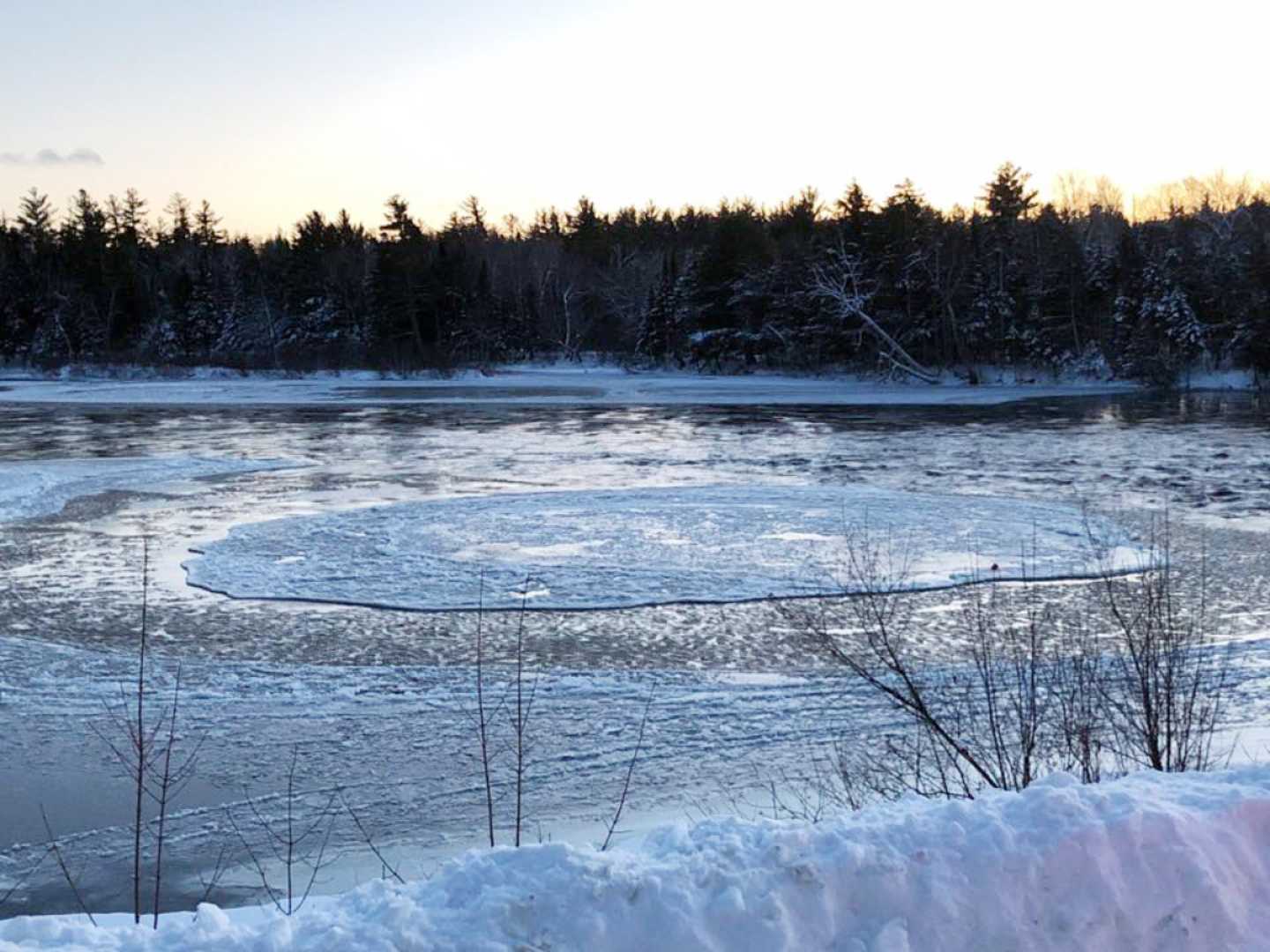News
Rare Frost Quakes Shake Northern Maine Amid Sudden Cold Snap

CARIBOU, Maine — On Feb. 3, 2023, residents across northern Maine reported mysterious tremors and deep rumbling sounds, sparking a flood of calls to the National Weather Service (NWS) office in Caribou. The phenomenon, known as frost quakes or cryoseisms, occurred after a rapid temperature drop following an unusually warm and rainy winter.
James Sinko, hydrology program manager at the Caribou NWS office, described the conditions that led to the event. “Temperatures plummeted 15 to 30 degrees below zero, dropping 2 to 3 degrees every 30 minutes in some areas,” he said. This sudden freeze caused waterlogged soil to rapidly expand and rupture, creating seismic-like effects.
Henry Berry, senior geologist at the Maine Geological Society, explained the science behind frost quakes. “Water in the soil freezes and expands faster than the soil can adjust, leading to a sudden rupture of ice,” he said. “This release of pressure can cause explosive noises and high-frequency shaking, similar to earthquakes.”
Unlike tectonic earthquakes, frost quakes are highly localized and typically affect small areas. Berry noted that they are more common in open fields and meadows, where temperatures drop lower than in forested areas. “In one study, cryoseisms were felt in several houses but not in others just a few hundred feet away,” he said.
Despite their dramatic effects, frost quakes rarely cause significant damage. Louise Fode, warning coordination meteorologist at the NWS, said her office receives reports of frost quakes once or twice each winter, but none have included accounts of structural damage. However, Berry added that powerful frost quakes can leave behind long cracks in the ground or pavement.
Frost quakes remain rare, requiring a specific combination of meteorological and hydrological conditions. “They don’t happen every year, but when the conditions are right, they can occur in clusters,” Berry said. Sinko witnessed this firsthand during the February 2023 event, which affected Hancock, Penobscot, Piscataquis, and Washington counties.
Climate change may play a role in the frequency of frost quakes. While warmer winters are becoming more common, inconsistent snowpack can lead to rapid soil freezing during sudden cold snaps. “Without snow to insulate the soil, temperatures crash more quickly,” Sinko explained. Fode added that even in a warming climate, rapid freezing events will continue, ensuring frost quakes remain a possibility.
As winter progresses, residents in the Northeast are advised to listen for unusual noises and pay attention to the ground beneath their feet. Frost quakes may be rare, but when conditions align, they offer a fascinating glimpse into the intersection of weather and geology.












